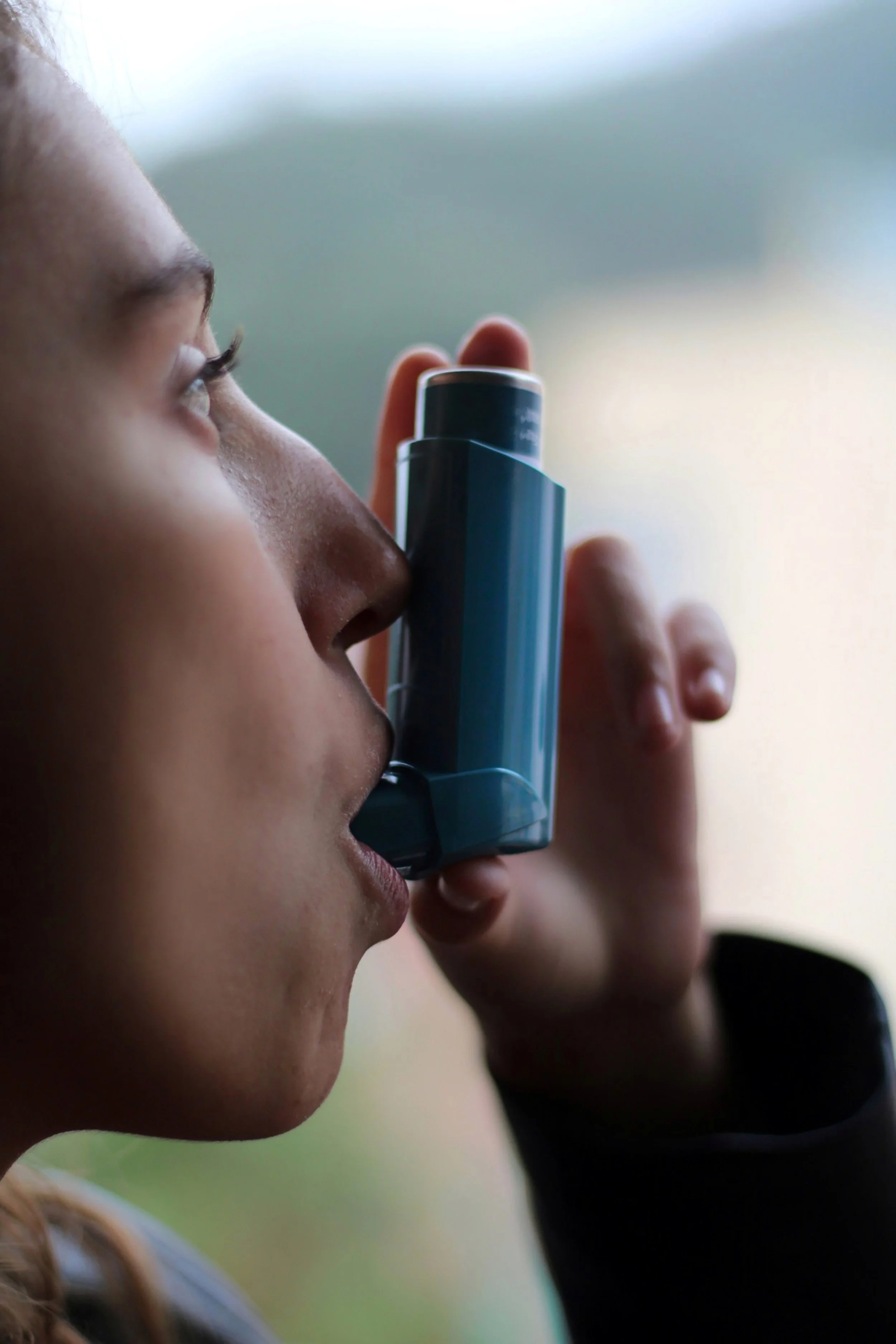Justice





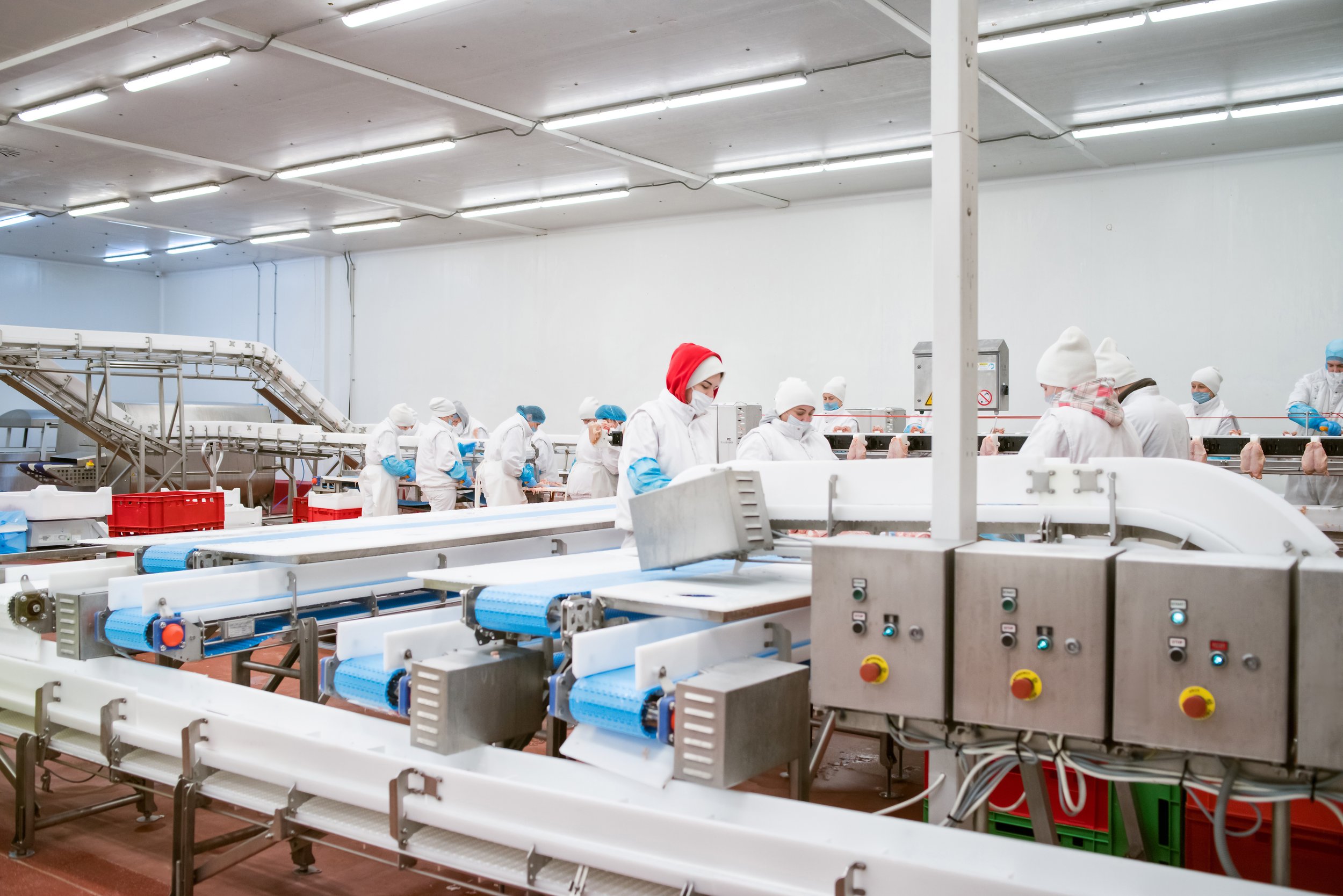

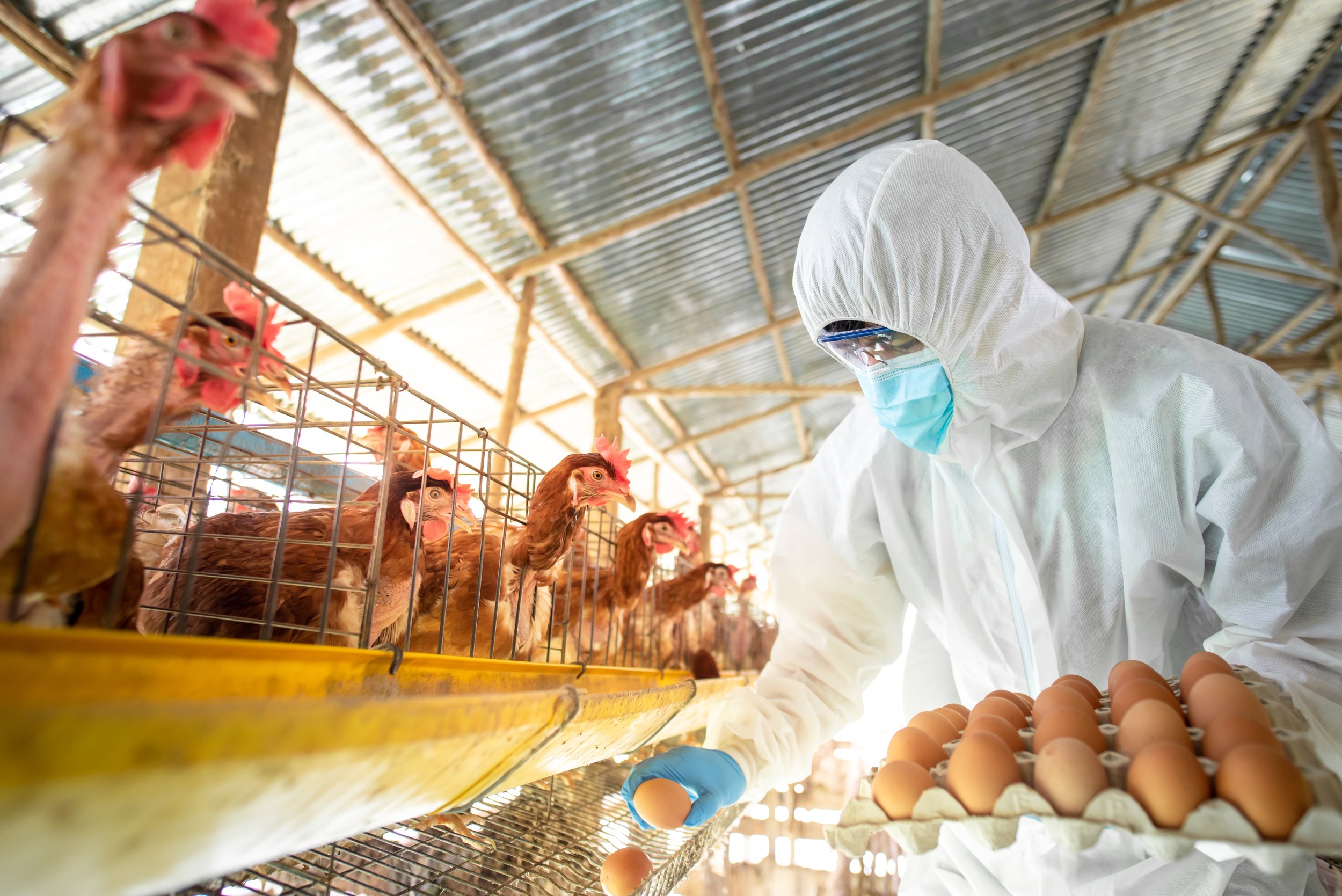
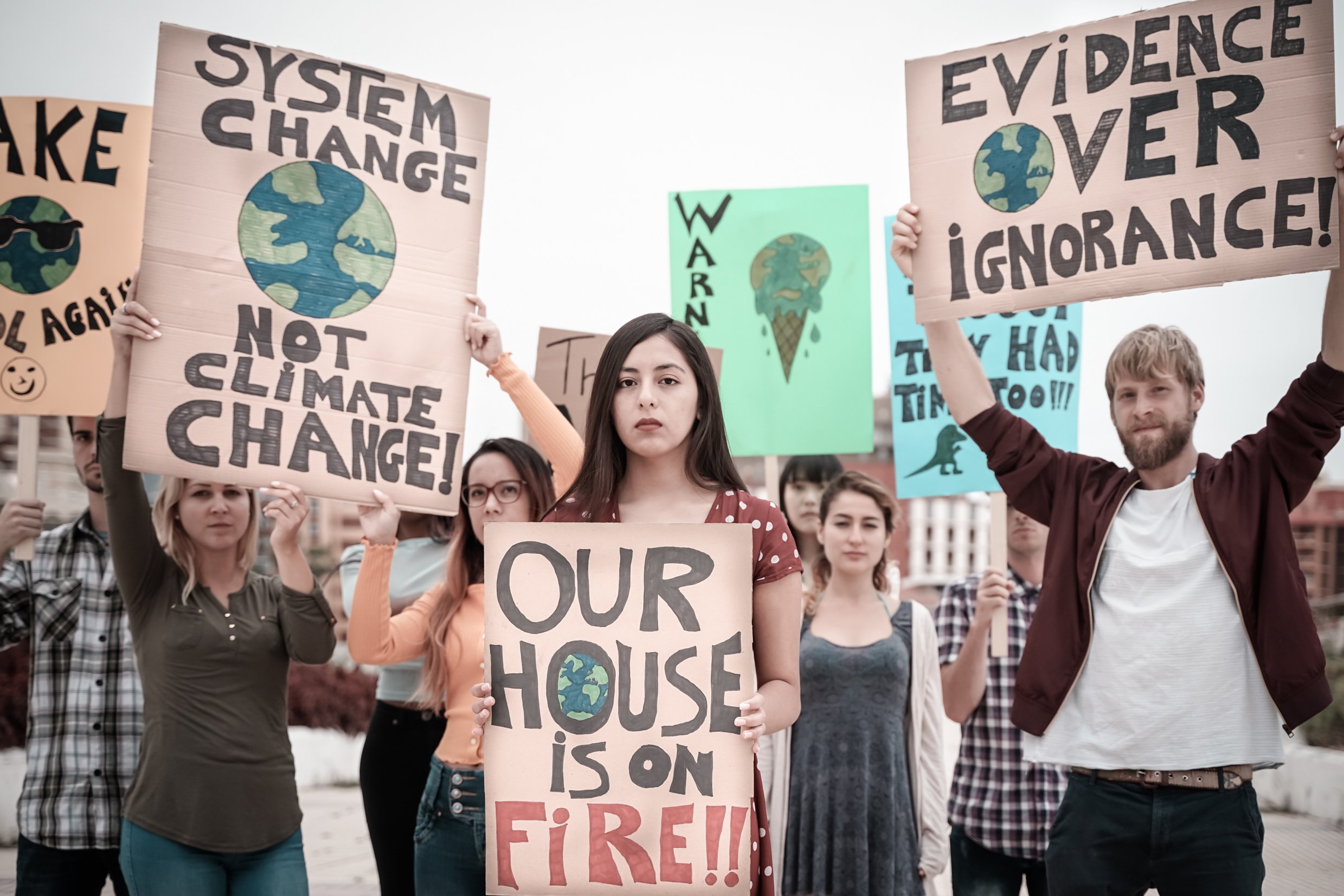
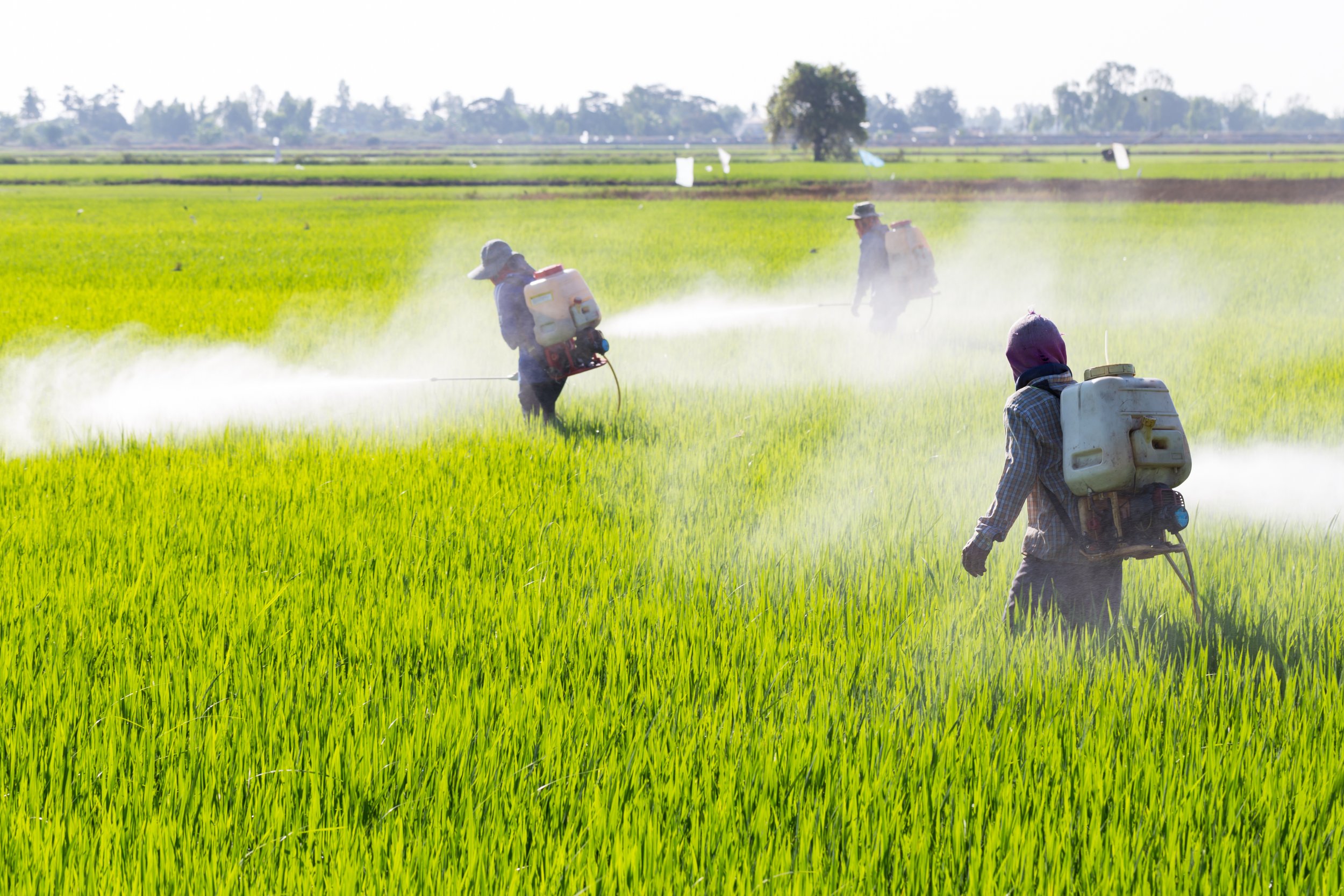
Are you aware that your diet affects social justice (equal rights and opportunities for all)?
Although rarely thought about, the people who work or live near factory farms/Concentrated Animal Feeding Operations (CAFOs) are mostly people of color, migrants and often undocumented immigrants. Factory farms and slaughter houses are almost exclusively in rural low-income areas and draw from the local communities for workers. The work in CAFOs varies upon the animal being raised, but most certainly is depressing based on what is being done to the animals to maximize profit.
Workers are often exposed to harmful gases and particulate matter that can cause respiratory disorders, cardiovascular complications and premature death.
Due to the repetitive nature and fast pace of the work in processing plants, there is a high incidence of:
serious injury
chronic pain
psychological stress that leads to disturbing increases in violent and sexual crimes
Workers are treated like commodities and often have no voice, as 72% are born outside of the U.S. and 38% do not even speak English.
You can only imagine the stench of ammonia that comes from the waste of 1000’s of animals being raised in a small area. A by-product of factory farms is millions of gallons of untreated waste. It destroys the quality of life for surrounding communities. This runoff of animal sewage contains a range of pathogens, antibiotics and other toxic wastes that can permeate aquifers and contaminate surrounding ground water sources.
Studies have shown people living near CAFOs experience:
higher rates of asthma
irritation to eyes, noses and throats
a decline in their quality of life
an increase in depression
an increase in anger which contributes to higher incidents of domestic violence
an increase in confusion and fatigue
